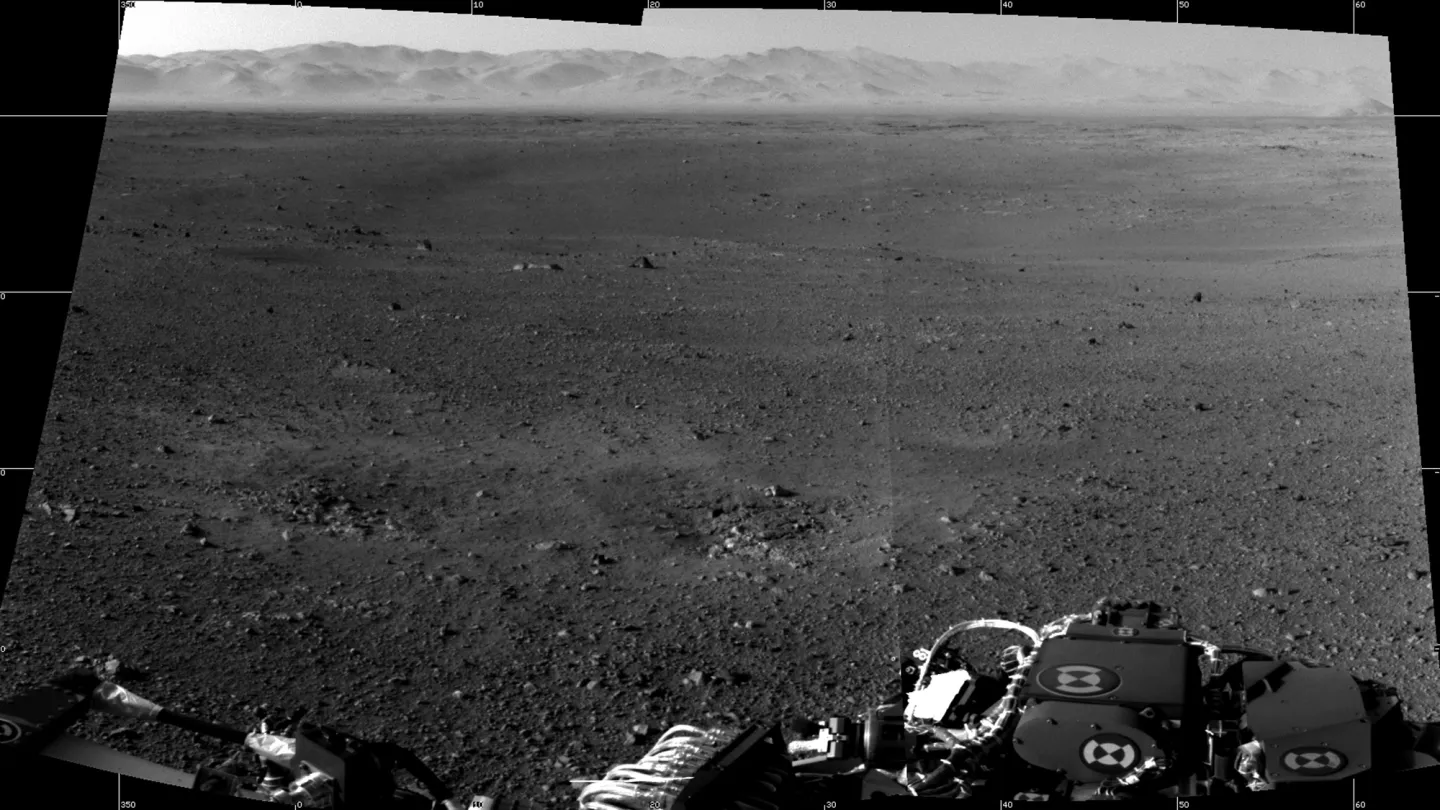MI weekly selection #568
MI weekly selection #568

Analysis amends human-Neanderthal genetic exchange
Human genes may have been replacing Neanderthal genes as long ago as 250,000 years, accounting for the disappearance of the Neanderthal Y chromosome, according to a paper in Science that closely analyzes the gene flow from humans to Neanderthals instead of the reverse, as past research has done. The study also estimates that some Neanderthal lineages had between 2.5% and 3.7% human DNA, which indicates that previous studies may have overestimated Neanderthal population size by about 20%.
Full Story: ScienceAlert
Mars soil suggests wet, cold planet billions of years ago
Mars was likely a wet, cold wasteland billions of years ago, write scientists who have compared soil samples from Mars’ Gale Crater to similar soil on Earth that also contains silica and iron but is deficient in aluminum. Samples gathered by NASA’s Curiosity rover also share a trait with soil from the cold island of Newfoundland in Canada: they’re both x-ray amorphous, or lacking a repeating crystal structure that x-ray diffraction could decipher, suggesting that in both locations the soil formed in cold, wet conditions and persisted in cold, dry conditions.
Full Story: Popular Science
Real world study shows effectiveness of RSV vaccine
A new study highlighted that nirsevimab therapy effectively reduces the risk of hospitalization for respiratory syncytial virus-associated bronchiolitis among infants. Researchers noted that the estimated adjusted effectiveness was 83%, while its effectiveness was 69.6% and 67.2% against RSV-associated bronchiolitis resulting in critical care and against RSV-associated bronchiolitis resulting in ventilatory support, respectively.
Full Story: MedPage Today
Food allergies linked to gut microbiome differences
A study found that the gut microbiomes of children with food allergies differ significantly from those without, with fewer differences observed in younger children. Researchers emphasized the importance of early food introduction and the potential role of pro- and prebiotics in managing food allergies, suggesting that younger children may benefit more from oral immunotherapy.
Full Story: Healio
Hubble telescope finds elusive medium-size black hole
Scientists have discovered a medium-size black hole, about 8,000 times the mass of the sun, in the Omega Centauri star cluster after searching for years to find an “intermediate” black hole between 100 and 100,000 times more massive than the sun. More than 20 years of observations from the Hubble Space Telescope have allowed precise measurements of the motion of 1.4 million stars, according to a paper in Nature that could foster understanding of how black holes form and why some become so massive.
Full Story: National Public Radio